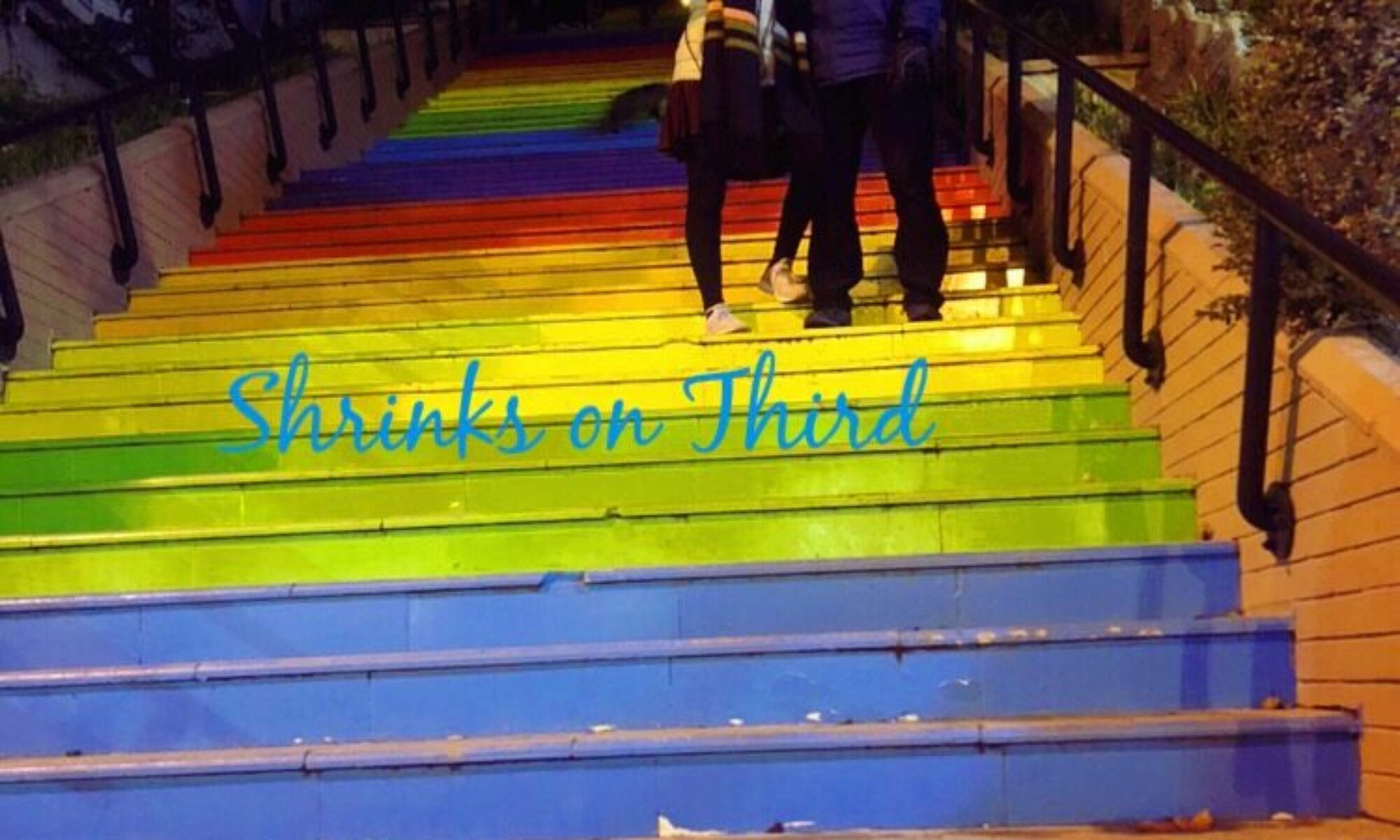The session in which we discuss the increasing amount that political thoughts and concerns have permeated therapy sessions since 2016. In the past, politics did not enter therapy in the same ways that it seems to now. In this session, we talk about politics in therapy and how it has changed the way we manage our therapeutic relationships.
Health Psychology
The session in which we speak with Dr. Phil Fizur, a clinical psychologist in the department of Behavioral Medicine at Cooper University Healthcare in Camden, NJ. Dr. Fizur’s day-to-day work involves patient care at Cooper’s Urban Health Institute, focusing on providing healthcare to Camden’s underserved populations. In addition, since the pandemic hit, he is also dealing with the traumatic impact of COVID19 on patients and providers.
Dreams and Nightmares
Not too many bonuses in 2020 but here’s one! We talked to Director of the Philadelphia Storytelling Project, Mark Lyons, on this week’s main episode. He mentioned a book he helped to edit and translate by a young woman who fled alone to the United States when she was 14. In this bonus episode, Mark reads a powerful excerpt from the book, Dreams and Nightmares/Sueños y Pesadillas by Liliana Velásquez.
The Power of Story
The session in which we talk to Mark Lyons about the power of stories to create social change. As an author, and director of the Philadelphia Storytelling Project, Mark has worked with youth and adults to create audio stories about their lives. He has worked with inner-city youth using audio stories to improve literacy; with immigrants to document their dreams, barriers and determination, and with veterans who have found a way out of homelessness.
Education Activism
The session in which we meet Samuel Reed III, aka Reed, and Ismael Jimenez to talk about education activism and teacherpreneurship. Reed and Ismael are two passionate and dedicated educators who are core members of the Teacher Action Group (tagphilly.org). Ismael recently spearheaded the founding of the Philly Hub for Liberatory Academics (phlaed.org) while Reed currently focuses most on being a teacherpreneur and helping to promote economic and financial empowerment. Both believe in education as a tool of social change and liberation.
Viral Inequities
An After Hours session with Allison Gibbs, LCSW (Therapy Concierge, LLC) focusing on the Coronavirus health disparities highlighted in the news. We first debunk a very offensive and baseless idea that this is because of some biological predisposition to the novel coronavirus among Black people, and talked more sanely about why these inequities truly exist and why we’re seeing them right now. Not the most lighthearted of our After Hours conversations, but it’s always a positive experience to open up in heartfelt dialog with Allison.
@BlackGirlsEatDC
The session in which we chat with Cornelia Poku, Communications professional by day – foodie/food blogger the rest of the time. We talked about food blogging, relationships, and race.
We spoke with Cornelia in DC on the first weekend in March 2020, right before things totally shut down. The day we met, elbow bumps were the recommended greeting and after the interview we thought maybe we shouldn’t, but we hugged each other anyway. Cornelia is the last person, outside of immediate family members that we hugged.
Once things shut down, we asked Cornelia for an update. Her update: (on audio) Hey everyone, the time we’re in is insane and we all feel helpless. But I’m always looking for things I can do to make some difference. I’m blessed to still be working and definitely trying to give whenever I can. I have also been patronizing small businesses and working with local restaurants to share their special offers to my audience. Hope you’re safe, enjoy the episode.
Grant Blvd
The session in which we speak with Kimberly McGlonn, Ph.D. about her brand, Grant Blvd and the ways she works to challenge economic injustice and marginalization. Dr. McGlonn launched Grant Blvd – named for the Milwaukee street where she grew up – as a sustainable design brand creating pathways to employment for people with a history of incarceration. All of their original and stylish garments are made from reclaimed fabrics, and through her brand, Kimberly works to advance the collective good of both people and the planet.
You can learn more on her website; you can also shop there! Fyi – they’re also making and selling masks right now.
In Her Defense
The session in which we spoke with Selena Alonzo, J.D. a public defender in Maryland. Selena is a Mexican-American and was strongly influenced by her family experience of having several of the most important men in her life (grandfather, uncles, cousin) incarcerated for various reasons. Selena holds deep knowledge of the effects of incarceration on people and their families. Knowing that the truest solution will be systemic change in our criminal justice system, Selena uses her law degree to work within the system to help change a potentially negatively spiraling life course for people as best she can.
We spoke with Selena just as the pandemic began to shut down the nation and asked for an update – this update also needs an update as we received it on March 25, 2020 but is interesting nonetheless:
Poor People’s Economic Human Rights
The session in which we talk with Cheri Honkala, co-founder of the Poor People’s Economic Human Rights Campaign (PPEHRC). Cheri was removed from her Mother’s home as a girl and raised in foster care. She later attended college and had a child of her own. After experiencing homelessness as a single mom due to unfortunate circumstances, Honkala realized her Mother was not ‘bad’ after all; She was struggling in a society that offered no resources. Cheri has been organizing poor and homeless people for over 30 years and is now a General in the Poor People’s Army.
economichumanrights.org
poorpeoplesarmy.com
